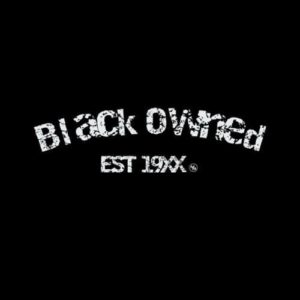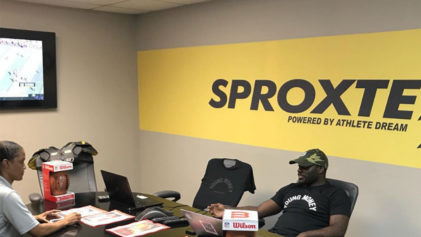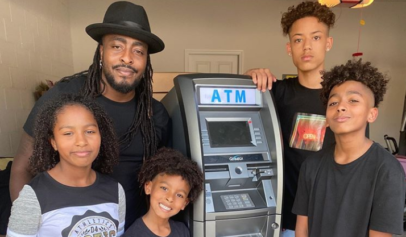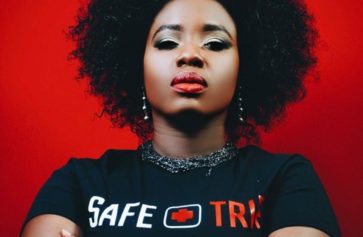
Draughon avoided putting pictures of himself and his family on the company website and introduced himself to potential clients as a project manager, NOT the owner. He even brought on a white insurance representative to carry out job interviews and put together a white sales team.
“I never said I wasn’t the owner,” he told the Chicago Tribune. “If asked, I would admit it.”
Draughon is among some business owners who keep hidden the fact that their businesses are Black-owned, for fear of losing clientele. Preconceived notions that the product or service is solely geared toward Blacks — and racial intolerance on the part of potential customers — could drive business into the ground.
“As soon as you say it’s Black-owned, white people will believe it’s only for Black people, and Black people will look for something wrong with it,” said Chicago tech entrepreneur James Parker.
Parker had no intention of revealing himself as a Black business owner either, until now. He even went so far as to keep his picture out of promotions for his discount date site, BestDateNight.com. Some founders use similar tactics, lessening the number of Black images in advertisements or eliminating them altogether.
Alysia Sargent, CEO of Go Dutch Today, said she “doesn’t want her brand to be Black.” She wants African-Americans to utilize her services of course, but also wants to ensure that her marketing is “very broad and multicultural.” She and two other African-American women founded the dating website and app.
“It’s kind of unfortunate, but if we want to go further and appeal to venture capitalists and angel investors, we can’t just be Black,” she added.
But aside from the factor of race, what would draw consumers to invest in Black-owned businesses over white-owned businesses?
Luke Visconti is the founder and CEO of Diversity, Inc. Magazine and attempted to answer this question in his column titled “Ask the White Guy.” In the column, readers pose questions and Visconti answers from the perspective of a white business owner.
“With all things being equal, and with the above circumstances, there are several reasons for a white businessperson to decide to do business with a black-owned business over a white-owned business,” he wrote. “It’s called ‘supplier diversity.’ Supplier diversity is not charity. It is a process by which companies improve their business. Properly implemented, supplier diversity lowers costs and increases margin and/or revenue.”
So, telling the world your business is Black-owned might not be so bad after all.


